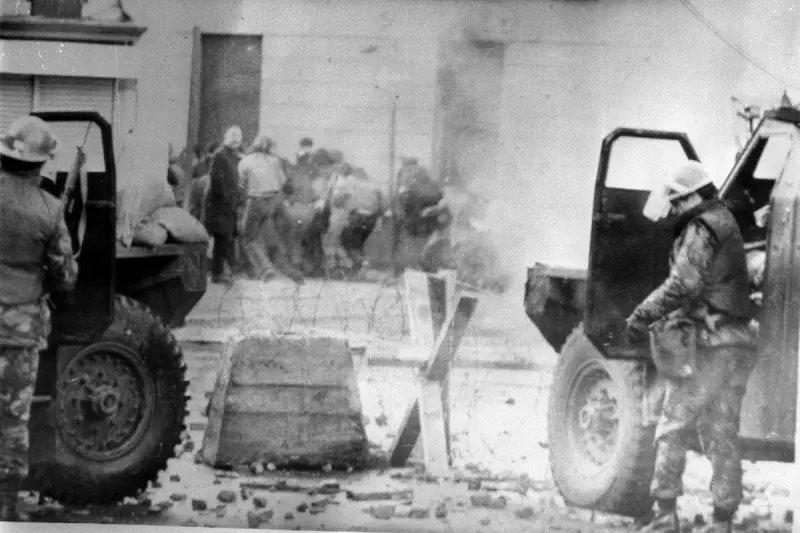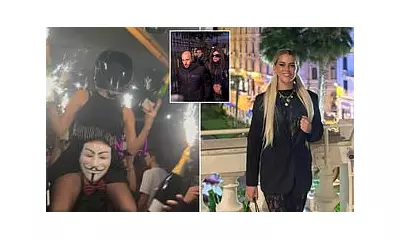
Startling new evidence has surfaced regarding the actions of the Parachute Regiment during the tragic events of Bloody Sunday in Londonderry, casting fresh doubt on long-standing official narratives.
Military Police Documents Reveal Inconsistencies
Recently uncovered Royal Military Police documents indicate significant discrepancies in the testimony provided by soldiers from the Parachute Regiment. The findings suggest that official accounts of the 1972 incident, where British troops shot dead 13 civil rights protesters, may require substantial re-examination.
Historical Context of the Tragedy
On January 30, 1972, during a civil rights march in the Bogside area of Londonderry, members of the 1st Battalion Parachute Regiment opened fire on demonstrators. The event remains one of the most controversial episodes in the history of the Northern Ireland conflict.
New Light on Old Wounds
The emerging evidence comes from military police records that had remained largely unexamined for decades. These documents appear to contradict aspects of the soldiers' original statements and raise serious questions about the chain of events that unfolded that fateful day.
Ongoing Legal and Historical Significance
This development represents the latest chapter in the long-running investigation into Bloody Sunday, which has seen multiple inquiries and legal proceedings over the past five decades. The new information could potentially influence ongoing discussions about accountability and historical truth.
Impact on Victims' Families
For the families of those killed and wounded, these revelations reopen painful memories while offering potential validation of their long-held positions regarding the nature of the shootings and the subsequent official response.





